Meet the Lab!

Megan Waller
Graduate Student
Megan is a graduate student in the Thiessen Lab. Her research focuses on how children learn language and problem-solving through feedback from caregivers. In particular, she is interested in how children's perceptions of their own learning may influence their uptake of feedback. Megan graduated from Cornell University in 2020 with a B.A. in Psychology and French. In her free time, she loves to play board games and video games!
Mady Davis-Troller
Graduate Student
Mady is a graduate student in the Thiessen lab. Her research investigates learning, executive function, attention, and working memory across development. She graduated from Wesleyan University in 2024 with a B.A. in Neuroscience & Behaviour and Psychology with a minor in Chemistry. Outside of the lab, you can find Mady out exploring new hiking trails, playing a sport, running, or curled up on the couch reading a good book.
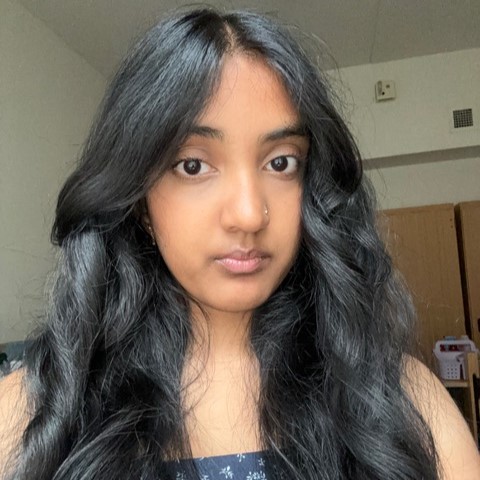
Smrithi Krishnaswamy
Research Assistant
Smrithi Krishnaswamy is an undergraduate student majoring in Statistics and Machine Learning with a minor in Business Analytics and Optimization at CMU. She is passionate about child development , health and life sciences, and their intersection with data science. In the future, she hopes to pursue a career in biostatistics, combining her computational skills with her love for research.
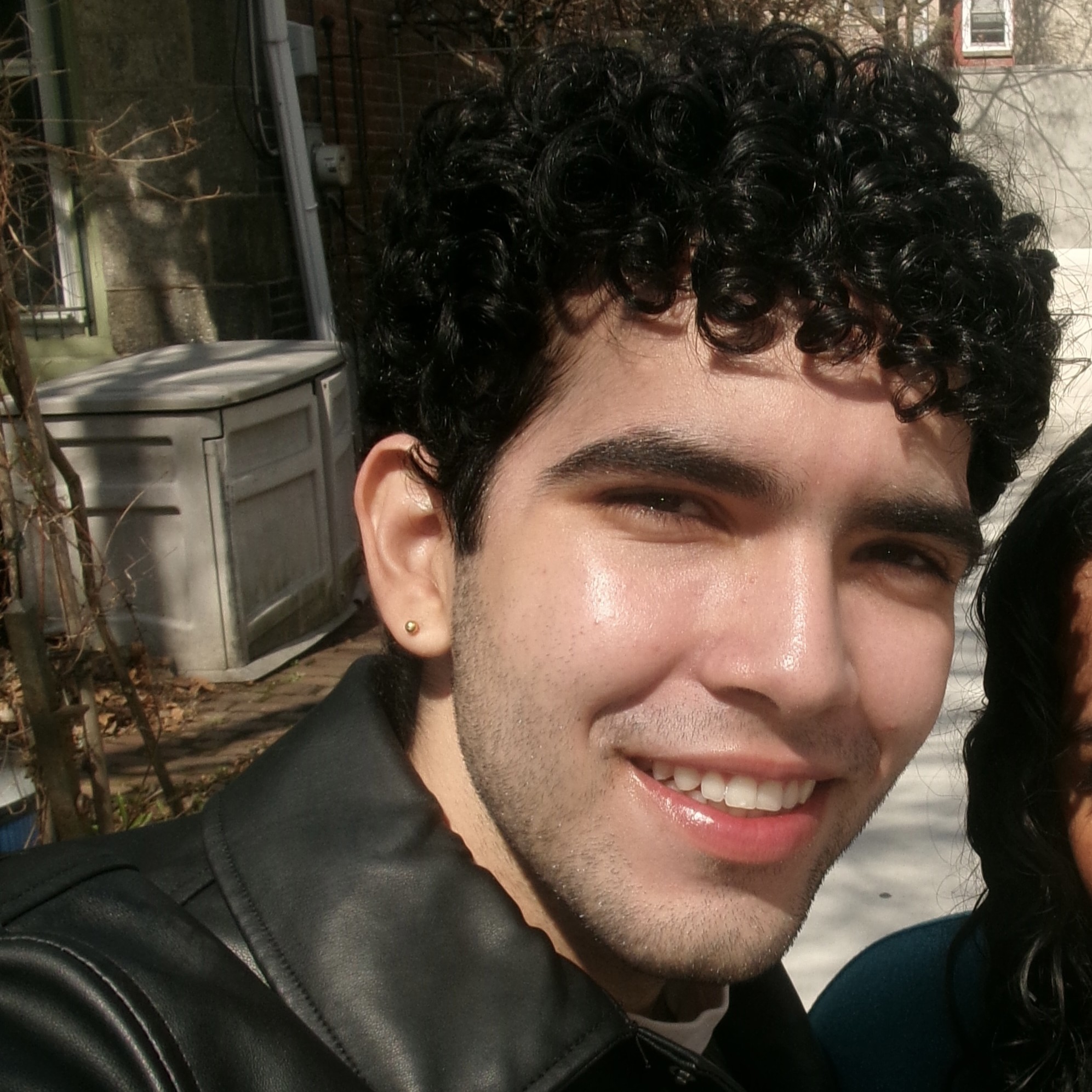
Andres Torres
Research Assistant
Andres is a rising junior at Franklin & Marshall College majoring in psychology and public health and minoring in French. He was born in Colombia and has been living in New Jersey for the past five years. Andres is interested in topics surrounding language development, parenting dynamics, and autism. Outside of school, Andres enjoys trying out different restaurants and coffee shops in town, going to the gym, hanging out with friends, watching shows/movies, and

Grace Lee
Research Assistant
Grace is a junior neuroscience major with a concentration in neurobiology from Houston, Texas and hopes to go to medical school after college. She plays for the CMU varsity softball team and in her free time, enjoys watching movies and spending time with her friends and family.
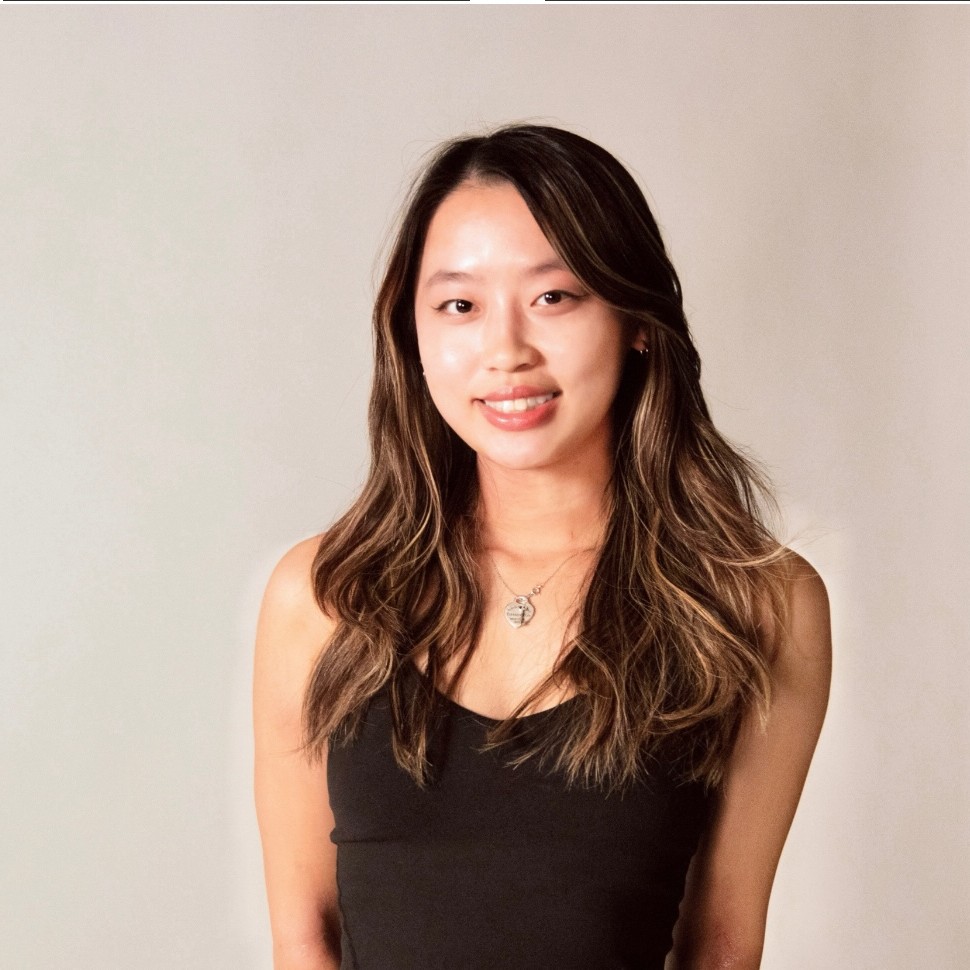
Celine Wang
Research Assistant
Celine is a junior studying Psychology with a concentration in Clinical Psychology and an additional in Health Humanities. She is from Queens, NY. Outside of academics, She is the vice president of membership for the Asian Student Association and likes spending time with family and friends.
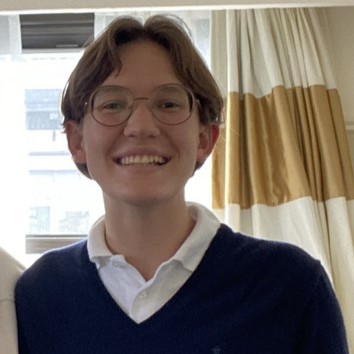
Maddie Keglewitsch
Research Assistant
Maddie Keglewitsch is a Sophomore studying Neuroscience. She loves statistics and is interested in using technology to study behavioral psychology. Originally from Columbus Ohio, she enjoys spending time with her dogs and coaching a youth swim team. In her spare time she works as a carpenter for CMU student theater and reads as many books as she can.
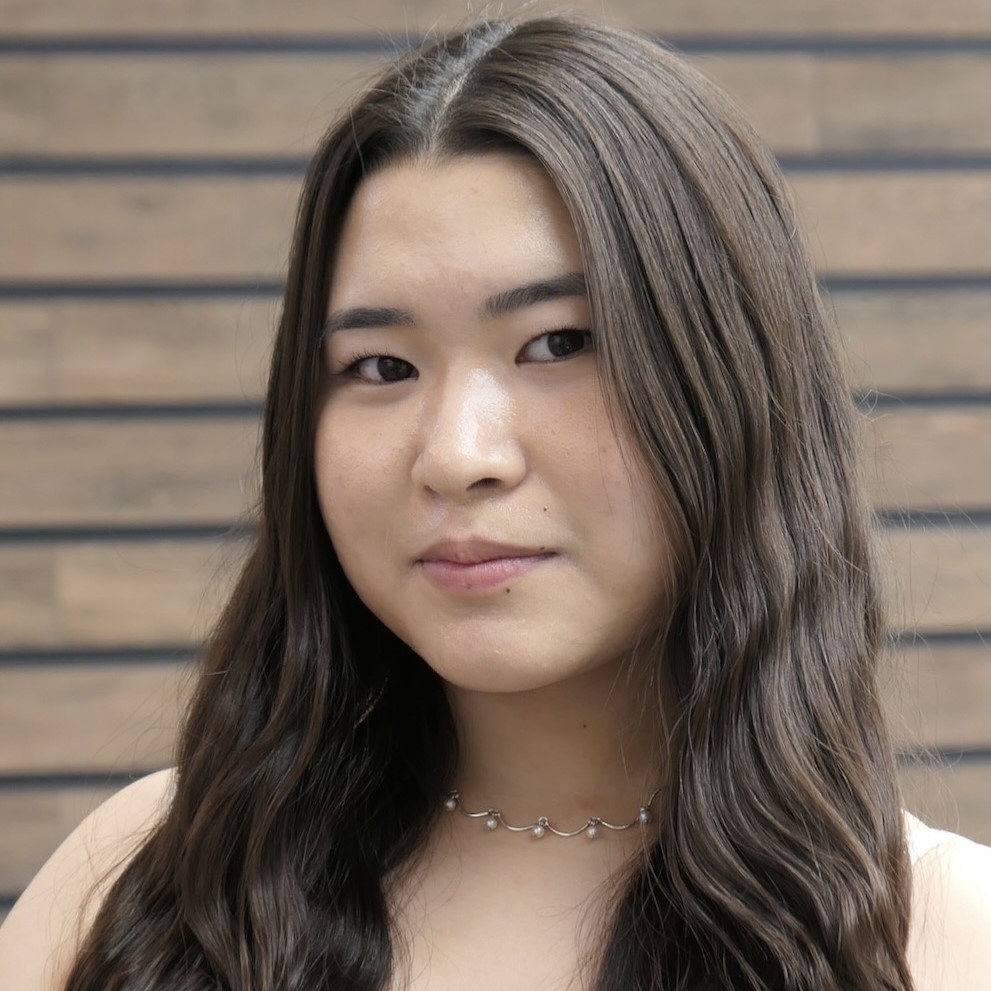
Ellie Lee
Research Assistant
Ellie Lee is a sophomore English major at Carnegie Mellon University from Las Vegas, Nevada. She is currently interested in learning more about how stories and literacy are used as tools for communication. In her free time, Ellie is a part of CMU's Taekwondo Club and enjoys hiking, playing the cello, as well as spending time with her two poodles.
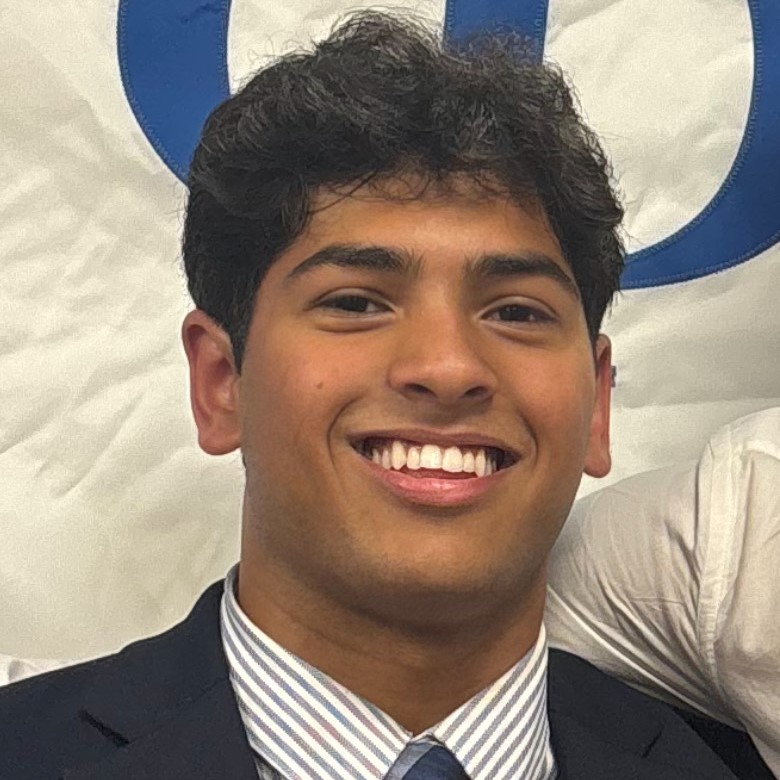
Aryan Pandalai
Research Assistant
Aryan Pandalai (panda) is a first year undergraduate student studying neuroscience on the pre-med track. He was born in India, and grew up in Connecticut. Outside of the lab, he loves playing for the CMU Club Ice Hockey team and serving on the CMU EMS, as well as playing pickleball, spikeball, and poker with friends.
Andy Mann
Research Assistant
Andy Mann is an undergraduate studying Psychology with a minor in Neuroscience. He is particularly interested in child development and their cognitive abilities and limitations. Outside of academia, he enjoys going to concerts, making sculptures, and hanging out with friends.
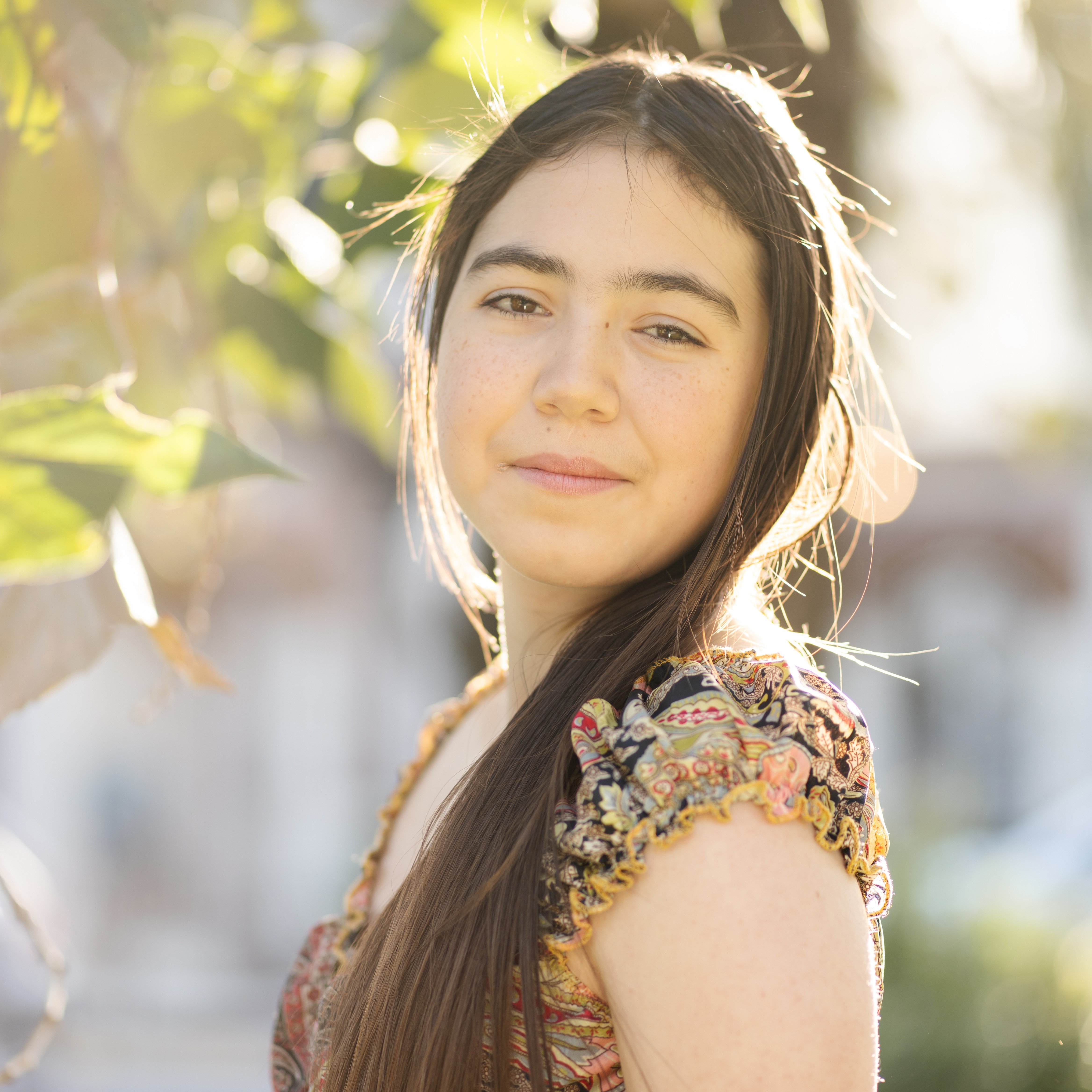
Keira Leal
Research Assistant
Keira is a Freshman from Austin majoring in Statistics and Machine Learning. She loves stats and research, especially applying quantitative methods to unexpected fields like linguistics, political science, sustainability, and education policy. She enjoys tackling problems where stats and humanities intersect—one of the many reasons she loves Dietrich. Outside the lab, she helps organize hackathons through ScottyLabs and is a dedicated taco enthusiast.
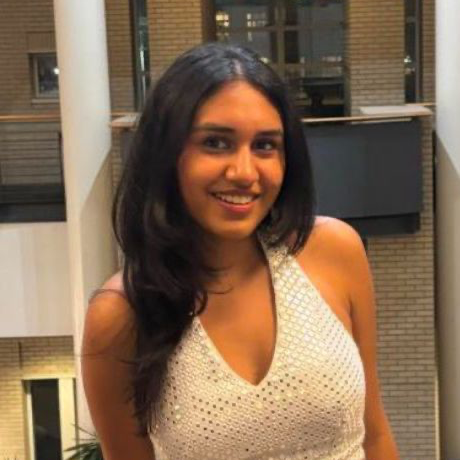
Manya Khemka
Research Assistant
Manya is currently a freshman at Carnegie Mellon University, majoring in Statistics ML and considering minoring in either AI or Decision Science. In her free time, she loves interacting with children and researching all sorts of unusual things, which is she is delighted to unite her interests by working with ILLL.
Shirley Luo
Research Assistant
Shirley Luo is a sophomore psychology major hoping to pursue medical school after graduation. Growing up in New York City, she gained an interest in learning about metacognition in the human brain as well as cardiology of the human anatomy. Outside of academics, she loves to spend her time glass painting and drawing anime style arts and playing volleyball or swimming. .
Collaborators
Jenny Saffran, University of Wisconsin-Madison
Jenny Saffran was Dr. Thiessen's adviser during his time as a graduate student. Her research focuses on the kinds of learning abilities required to master the complexities of language. Three broad issues characterize Dr. Saffran's work. One line of research asks what kinds of learning emerge in infancy. A second line of research probes the biases that shape human learning abilities, and the relationship between these biases and the structure of human languages. A third issue concerns the extent to which the learning abilities underlying this process are specifically tailored for language acquisition. Related research concerns infant music perception, and the relationship between music and language learning.
Katharine Graf-Estes, University of California - Davis
Katharine Graf-Estes is an assistant professor of psychology at UC Davis. Dr. Graf-Estes' research explores the mechanisms that support early learning. In particular, the ability to detect statistical regularities may play a fundamental role in how infants learn about a highly complex, highly salient aspect of the auditory world: language. Infants become especially attuned to regularities in the sound patterns of the ambient language, including its phoneme distinctions, sound combinations within words, and its cues to word boundaries in fluent speech. Thus, when infants begin to understand and produce words, they do not start as a blank slate.
Michael Kaschak, Florida State University
Mike Kaschak is an associate professor at Florida State University, and was Dr. Thiessen's graduate mentor at Wisconsin before moving on to warmer territory. Dr. Kaschak is interested in the role of perception and action planning in language comprehension. In addition, he is broadly interested in the role of learning and adaptation in in both language comprehension and language production.
Luca Onnis, Nanyang Technological University
Luca Onnis is an assistant professor at Nanyang Technological University and director of LEAP Lab. Dr. Onnis is interested in bridging cognitive science and language learning/teaching. He conducts research combining computational and behavioral methods in order to understand the basic mechanisms of language learning. Theoretically and empirically motivated predictions can then be made to help improve language learning and teaching.
Anna Fisher, Carnegie Mellon University
Anna Fisher is the director of the Cognitive Development Lab at Carnegie Mellon University. Anna studies how young children learn and how they generalize knowledge. Generalization in humans is unique in many ways. For example, only humans exhibit evidence of the ability to organize categories into multiple levels of abstraction, create ad-hoc categories, establish arbitrary groupings, or engage in higher-order reasoning. Anna's research explores the development of uniquely human modes of learning and interference, with a particular focus on the development of category-based inductive reasoning. A related line of research explores the relationship between sustained attention and learning. Ultimately, this line of research seeks to apply insights from developmental cognitive psychology to improve children's learning in academic settings.
Philip Pavlik, University of Memphis
Dr. Pavlik completed his dissertation at Carnegie Mellon University, and has an appointment as part of the Interdisciplinary Institute for Intelligent Systems, and is director of the Optimal Learning Lab. The OLL works to identify models of human learning so that these models can be used by instruction software (such as artificially intelligent tutors) to sequence and schedule practice for best learning outcomes.
Former Lab Members
Cassie Eng Former Graduate Student
Lucy Erickson Former Graduate Student
Sandrine Girard Former Graduate Student
Maureen Hilton Former Lab Manager
Jaeah Kim Former Graduate Student
